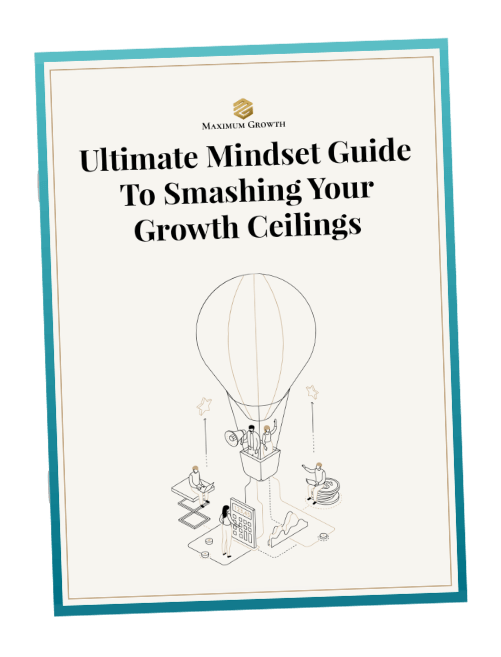One of my favourite aspects of the Demartini Method and its application is the idea that “you don’t see the world as it is, but as you are.”
This speaks to the deeply subjective nature of perception.
Everyone interprets the world through their own lens—shaped by their experiences, values, and beliefs.
This got me thinking…
In relationships, this dynamic becomes even more pronounced: we tend to see others not as they truly are but as reflections of ourselves.
We unconsciously project our own perspectives, values, and expectations onto others.
This happens because we assume that what we appreciate, value, and find meaningful must also resonate with them in the same way.
But here’s the challenge: no one is a perfect exact mirror of us.
Each individual carries their own set of experiences, values, and ways of navigating life. Even when we find common ground, expecting others to align perfectly with our worldview creates friction.
Misalignment is almost inevitable when we assume that others should think, act, and care just as we do.
Yet, so many people fall into this trap:
- The business owner who expects their team to work as tirelessly as they do.
- The manager who assumes everyone is motivated by the same incentives.
- The parent who expects their children to embrace the same values they grew up with.
- The friend who assumes that giving advice is the best way to show care.
This tendency becomes particularly noticeable in emotional relationships.
If we value certain expressions of affection or communication, we might expect others to do the same, assuming that our way of expressing love should naturally resonate with them.
But relationships are nuanced, and people express intimacy in ways shaped by their unique life experiences.
No one thinks or feels exactly the same as we do.
Yet, we often wish they would.
We project assumptions onto them, expecting them to meet our unspoken expectations.
This creates a gap between what we hope for and what is real. And it’s in that gap that discord impacts our interactions.
“You don’t see the world as it is, but as you are.”
This is the paradox of the work…
The world, and especially the people in it, reflects back parts of ourselves.
When we embrace this truth, we begin to see relationships differently—not as mirrors that should perfectly reflect us, but as opportunities to understand and appreciate the beauty in our differences.
With this work, it’s not absolute. “You don’t see the world as it is, but as you are.” does not apply to every situation in every moment.
Sometimes, it’s not about making others align with who we are—it’s about understanding them as they are.
“True connection begins not with seeing others through our lens, but with the courage to understand them through theirs.”
Tanya Cross
Leadership Coach & The Coaches Coach
Master Certified Demartini Method Facilitator
BAppSoSc (Counselling)


